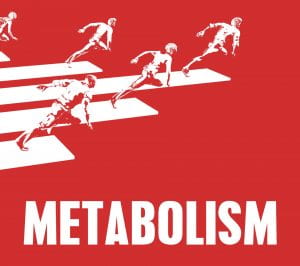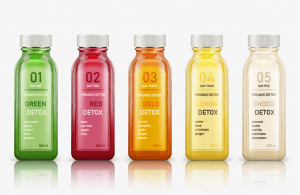
When a doctor prescribes medicine, he gives a precise dose calculated to maximize the health benefits while minimizing any side effects. Similar to medicine, we know that exercise is good for our health; it reduces the risk of developing chronic disease and prolongs our life. In fact, the U.S. Centers for Disease Control estimates that more than 8 percent of people in the U.S. over age 40 die as a result of too little exercise. [Read more…]

 Nearly 15 percent of people age 70 and older experience some form of dementia; that number jumps to nearly 35 percent for people over age 90. And yet other people live more than 100 years with sharp minds.
Nearly 15 percent of people age 70 and older experience some form of dementia; that number jumps to nearly 35 percent for people over age 90. And yet other people live more than 100 years with sharp minds.
 Sexual assault is a serious problem on college campuses across the United States. Nearly 16 percent of female college students in the U.S. report experiencing an attempted or completed sexual assault before starting college and 19 percent report experiencing attempted or actual sexual assault during college, according to
Sexual assault is a serious problem on college campuses across the United States. Nearly 16 percent of female college students in the U.S. report experiencing an attempted or completed sexual assault before starting college and 19 percent report experiencing attempted or actual sexual assault during college, according to 








